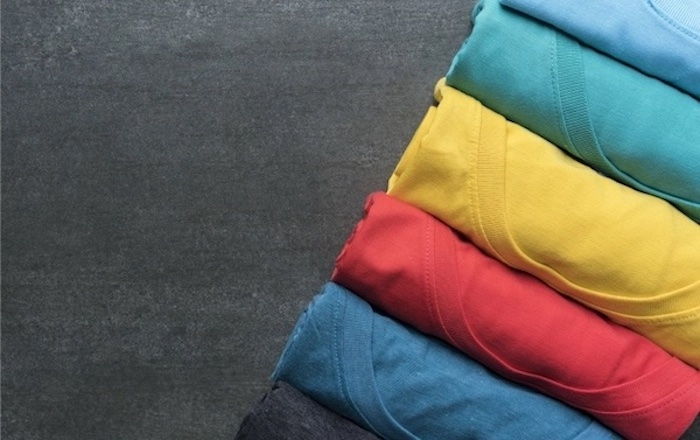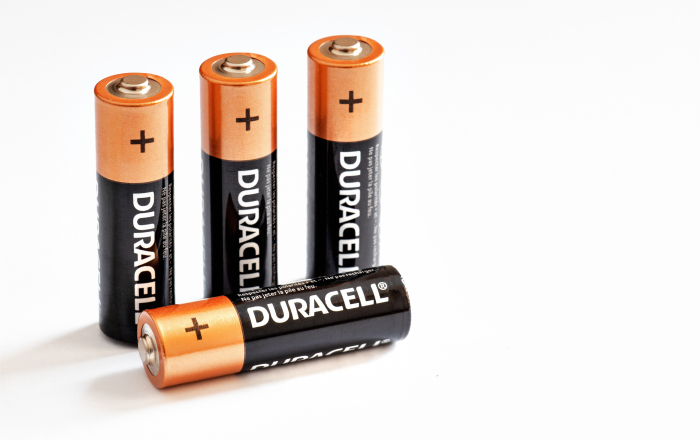The Estate of Vivian Maier and John Maloof Reach Agreement

Vivian Maier, a prolific amateur photographer who has achieved international posthumous fame and acclaim, died intestate in 2009. John Maloof, a former real estate agent in Chicago, obtained thousands of Maier’s photographic negatives and other works, in most cases, the only known copies of the works Maier created. After Maier’s death, Mr. Maloof created a significant enterprise promoting, marketing, and selling prints of Maier’s works, including the production and distribution of the Oscar-nominated motion picture, “Finding Vivian Maier.” In 2014, the Estate of Vivian Maier, which is being administered by the Public Administrator of Cook County David A. Epstein, issued citations to discover assets to Maloof and his company to obtain information concerning possible copyright claims held by the Estate. Thereafter, the Estate entered into extensive settlement negotiations with Mr. Maloof and the gallery representing Mr. Maloof concerning the past and future exploitation of Maier’s works.
In March 2016, Marshall, Gerstein & Borun LLP's Partner Gregory J. Chinlund successfully completed negotiations on behalf of the Estate with Mr. Maloof, resulting in a confidential settlement agreement. In May 2016, the Probate Court of Cook County approved the settlement.
The agreement between the Estate of Vivian Maier and Mr. Maloof establishes a cooperative structure that allows Mr. Maloof to continue to bring Ms. Maier’s extraordinary photography to light while preserving her legacy.
Vanguard Approach to Protect IP Rights in Bankruptcy

Marshall, Gerstein and Borun LLP’s Maureen Beacom Gorman, Julianne M. Hartzell, and Tiffany D. Gehrke are forging new law in a recent intellectual property counterfeiting case. After the team had obtained a multi-million dollar judgment and an injunction, two of the defendants sought discharge of the injunction and financial judgment in bankruptcy court. Finding no published decisions, the team successfully argued that the injunction could not be discharged, analogizing intellectual property injunctions to environmental protection injunctions that prevent further pollution. The team argued that the IP injunctions should be excluded from discharge in bankruptcy because they do not constitute debts. The California bankruptcy court agreed with this novel argument and entered summary judgment in favor of the Firm’s client, ruling that the injunction entered in the district court would be unaffected by the opposing party’s bankruptcy filing and any resulting discharge.
This innovative application of bankruptcy law is Marshall Gerstein’s most recent example of its vanguard approach to intellectual property enforcement. Over 50 years, Marshall Gerstein has had highly regarded experience in complex intellectual property litigation, enjoying a distinguished history before courts, including the United States Supreme Court in the landmark cases Blonder-Tongue Labs, Inc. v. University of Illinois Foundation, establishing the fundamental principle of offensive collateral estoppel, and Walker Process Equipment, Inc. v. Food Machinery & Chemical Corporation, setting forth the basic principles for antitrust liability under the patent laws.
Marshall Gerstein Successfully Defends Trademark of Clothing Company

In 2013, the Spanish fashion company Desigual opposed registration of the trademark DISIDUAL, owned by a growing Washington-based lifestyle company seeking to protect its “distinct individual” apparel for outdoors enthusiasts and active free spirits. Marshall Gerstein has dedicated hundreds of pro bono hours to defending Disidual’s mark in the trial and recently secured a favorable decision from the Trademark Trial and Appeal Board (TTAB).
The TTAB dismissed Desigual’s likelihood of confusion claim. Notably, the TTAB focused on the different pronunciation of the marks. The TTAB noted that “desigual” is a Spanish word with a known pronunciation (dezzy-GWAL) and DISIDUAL is a coined term, likely to be pronounced “di-SID-jew-uhl,” similar to the term “individual.” “When a mark is a recognized word, even in a foreign language, the principle that there is no correct pronunciation of a mark does not apply,” the opinion stated. The TTAB also noted that, when a mark is not a recognized word and the weight of the evidence suggests that consumers would pronounce it a particular way, it is error to ignore such evidence. The distinct pronunciation of the marks, combined with other factors, led the TTAB to conclude that Desigual had failed to prove that a likelihood of confusion existed.
Zebra Technologies Accelerates Strategic Growth with Deal to Acquire Matrox Imaging
When Zebra Technologies Corporation, a world leader in designing, manufacturing, and selling innovative software, hardware, and digital solutions, decided to accelerate its strategic growth in machine vision by acquiring the imaging division of Matrox, it turned to Marshall Gerstein to handle the complex IP issues involved in the carve-out acquisition. Executing an interdisciplinary approach, Marshall Gerstein assembled a small team with deep subject matter experience within our IP transactions, electrical engineering patent prosecution, and trademark practice groups to ensure a smooth and successful deal that protected Zebra’s interests, particularly with respect to use of IP assets with applicability across multiple businesses.
Zebra notes that “the acquisition of Matrox Imaging expands the portfolio of machine vision products, software and services Zebra can offer customers to help them thrive in the on-demand economy that is constrained by both labor shortages and limited supply of upstream goods and materials,” according to the company’s press release.
Read Zebra’s press release on this intended acquisition made in part with the counsel of Marshall Gerstein.
Marshall Gerstein Convinces the TTAB that Duracell Closing Sound is Registrable

For years, the close of commercials for Duracell batteries have included a distinctive three-note closing (a C4 quarter note, a G3 quarter note, then a G4 half note). The closing notes--referred to at Duracell as the “slamtone”--is widely recognized as a source identifier, helping consumers know whose batteries are being touted.
Registering sound marks for products like batteries is, however, tricky. While use of a sound mark in advertising is routinely accepted to support registration of a mark for services, USPTO guidelines (TMEP 904.04(b)) says that advertising is “generally not acceptable” to support registration of a mark for products. Registering sound marks for products that themselves make sounds (like motion pictures, audio files, or computer software) can still be easy, but the rule makes registration of sound marks for other types of products all but impossible. The makers of Chia Pets resorted to embedding a computer chip in their Chia Pet planters that plays the sound mark when a button on the planter is pressed (reg. no. 6104660). Some companies (like Samsung Electronics and audio brand Sonos) resort to first registering their sound marks in a foreign country, enabling them to register the mark in the US without use (reg. nos. 6806181 and 6742105).
Although scent marks are sometimes thought to be more unusual, there are far more scent marks registered for products than sound marks registered for products that do not make sounds. A search of the USPTO database reveals that of the more than 11 million files in the USPTO database, only ten use-based sound mark registration have ever been issued in the US for products that do not themselves make any sound. Only four of those remain active today. P&G registered its Old Spice jingle for antiperspirant (reg no. 5091526) after programming its website so that the jingle would play when the product was purchased online. Similarly, Colgate Palmolive registered its five-note Colgate Life melody for mouthwash by using a link to an advertisement. The sound of a screeching eagle is registered for beer (reg. no. 3502115) and the “Ask any Mermaid You Happen to See, What’s the Best Chicken, Chicken of the Sea” jingle (reg. no. 4446624) is registered for tuna. In none of those cases did the examiner cite the USPTO guidelines and object that the use of the sound in an advertisement was not acceptable to support registration of a mark for a product.
Here, the examiner did object, citing the USPTO guidelines. Ably assisted and supported by Duracell’s in house counsel and sales team, Marshall Gerstein convinced the Trademark Trial and Appeal Board that Duracell’s advertising was an exception to the rule, and enough to support registration of the closing notes as a trademark of Duracell’s batteries. The decision has been designated as precedent-setting.
The case was argued by Richard LaBarge and Michele Bolos at Marshall Gerstein, with the assistance of Leo White at Duracell.




